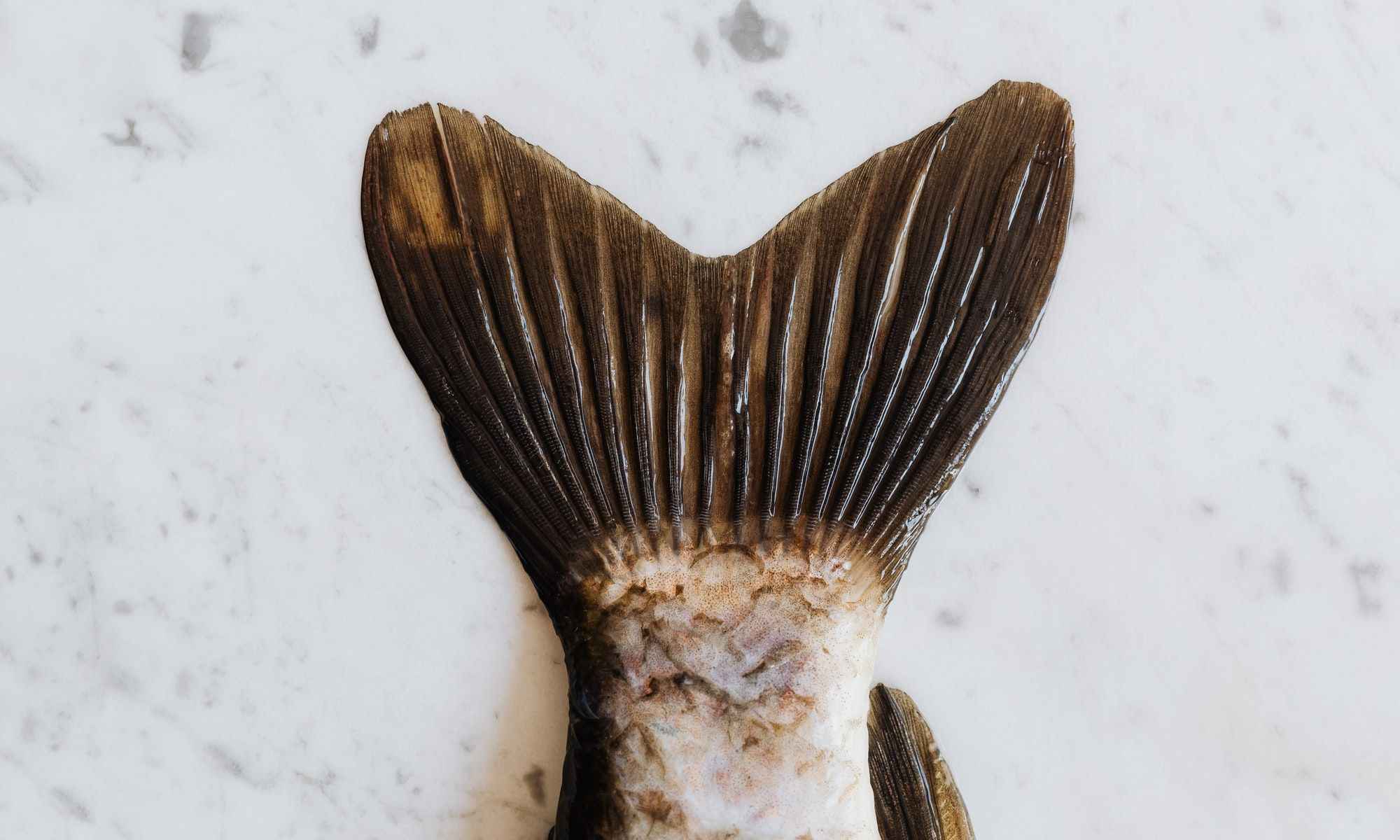How to Choose the Best Fish Scaler
There are many options when buying a new fish scaler. Here are some of the things to look out for when choosing one.

One of the benefits of fishing is being able to eat what you catch. Though there are restrictions like seasonal and varying bag limits for different fish, there are many anglers that choose to keep their fish. Despite many fish having very limited restrictions due to low population - like the muskellunge, there are many common fish like bass and carp as well as invasive species in different parts of America that can be caught en masse.
One of the most important skills for anglers looking to bring home fish for consumption is the ability to fillet and prepare it. Though many fishing charters will happily provide that service or direct you to the nearest fishmonger, having the bare minimum of skill in order to preserve the fish efficiently for the ride home is definitely helpful. Before even getting to learn how to fillet, another important fish preparation step is taking off the scales of the fish. Descaling fish is important to prevent food poisoning and preserve the meat better. Most trained chefs know how to remove the scales using knives; however, as anglers do not have that kind of time to learn such a skill set on a rocking boat, fish scalers are an alternative that every angler must have.
It’s easy to pick any fish scaler out in the market, however, these tools are surprisingly varied. The last thing an angler will want is to spend good money on tools they won't be able to use.

Here are 7 Things to Look for When Picking a New Scaler
1.Pick the Right Size
It comes as no surprise that a fish’s size is based on many factors like environment, species, and even diet. Anglers trying to choose a fish scaler may want to get the appropriate size. Scaling a fish will be time consuming if the size of the scaler isn’t in proportion to the fish. The opposite is also true when buying a bigger scaler but only targeting small fish like bluegill. Anglers will find it hard to scale the small fish and can even lead to injuries.
2. Get a Reliable Grip
Though it is highly recommended for anglers to use waterproof and cut-resistant gloves, making sure the handle of the scaler has a good grip will help prevent cuts and serious injuries. It’s good to test things out by holding the handle and getting a feel for it before deciding which one to get. A combination of being out in the water, a slippery fish, and even stress is an accident waiting to happen. Reducing the chances of a scaler slipping is definitely good practice.
3. Look for Plastic Protectors
Scaling a fish will absolutely make a mess. Many scalers do not have a catcher or protector built-in and will mostly be open and scatter scales. Though not always perfect, having a plastic catcher directly behind the scalers will lessen the mess. There are even models of fish scalers that directly enclose the sawteeth from behind, completely preventing any scales from littering the area. However, those models tend to only have a singular line of sawteeth, making them less efficient.
4. The More the Merrier

For any angler who doesn’t mind the mess made by scales, getting a heavy-duty scaler might be the best option. Models made by Kwizing have a Japanese wooden feel while having 32-saw teeth making it super efficient when handling fish. There are other different types of scalers that were made to make scaling fish even faster. The Speeder Fish Scaler is an automatic fish scaling tool that can be stuck in a socket or wireless via battery. Regardless of where it gets its power source, it is waterproof. The microblade of the Speeder is incredibly fast so much so that anglers using this tool should wear thick gloves, just in case.
For a safer choice, the Mare Heavy Duty Fish Scaler may be a good choice. Though not automatic, the Mare comes with four rings full of microblades that get larger and larger. The rings allow anglers to scale multiple parts in just a single stroking motion.
5. Choose a Stainless Steel Option
This next piece of advice is more for the anglers who frequently fish. Obviously saltwater has corrosive properties which is why equipment maintenance is a very important habit for any angler out in the seas. Likewise, investing in a stainless steel fish scaler is a good idea as it will last longer. Do note, however, that buying a scaler made out of stainless steel does not absolve an angler from cleaning it. The constant maintenance of any equipment regardless if an angler fishes in seawater or otherwise is heavily recommended.

6. Sharpest Isn’t Always the Best
A common misconception for picking and choosing fish scalers is that sharper microblades do the best. While sharper blades will take off scales quicker, an angler inexperienced in scaling fish may pierce through the skin and damage the meat. Sharpness isn’t the only thing to look out for. Equally important are the shapes of the blades. There are scale removers like the Amison Fish Scraper whose blades are a little bit more rounded and are angled in such a way that it will only hit the top layer of skin. Of course, a lot of this is up to the angler not scaling the fish too deep.
7. Stop Penny Pinching
Of course, this next bit of advice doesn’t mean to splurge all your money. The point we’re making, however, is to buy a decent quality fish scaler. There are many tools and equipment that can be bought at a bargain price when you look hard enough; however, when sharp objects are involved it’s best to put a premium on quality goods. The last thing an angler wants is a fish scaler with a penchant for handles breaking off. At best it’s a waste of money and at worst, can cause injury.
Buying fish scalers is an easy task. Most times a scaler will last an angler a long time. They’re not particularly a fishing necessity but will come in handy when in need, given that the only other substitute is having skill with using a knife. Regardless of the criteria above, the best way to get a feel for any fish scaler is actually holding it in your hands. Lastly, knowing what you want when picking out a scaler will narrow down the list by a large margin.



